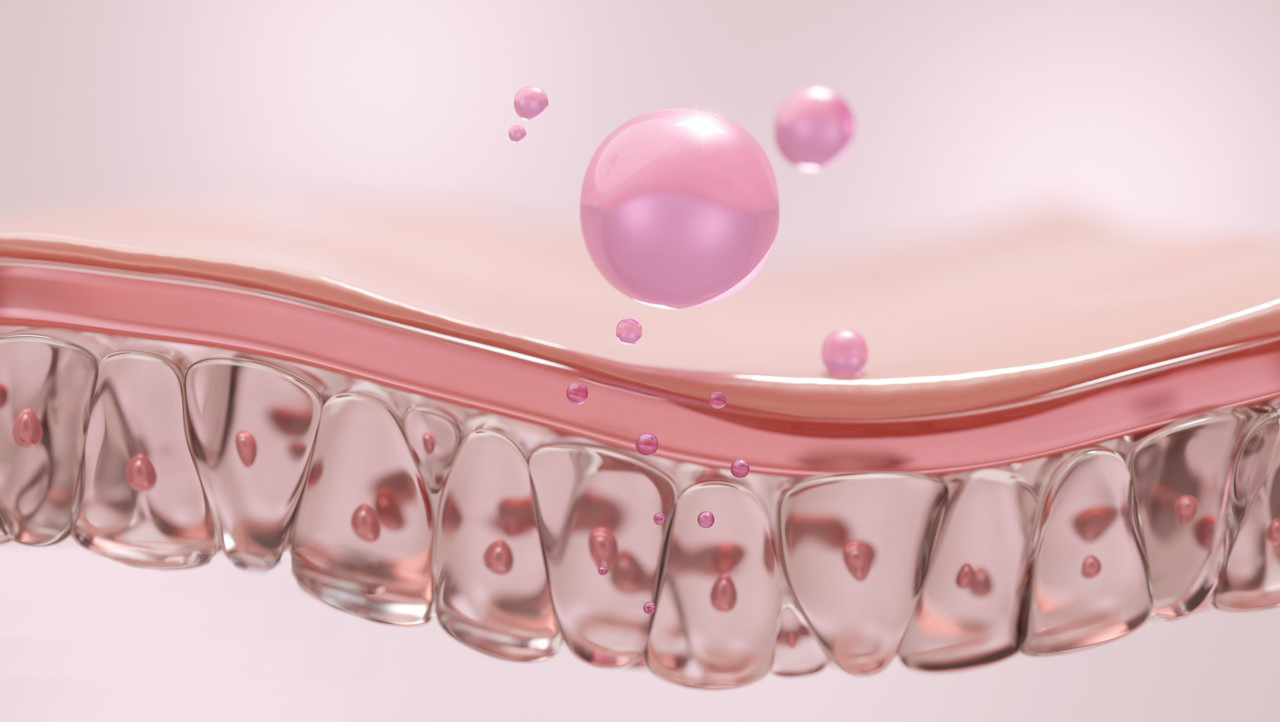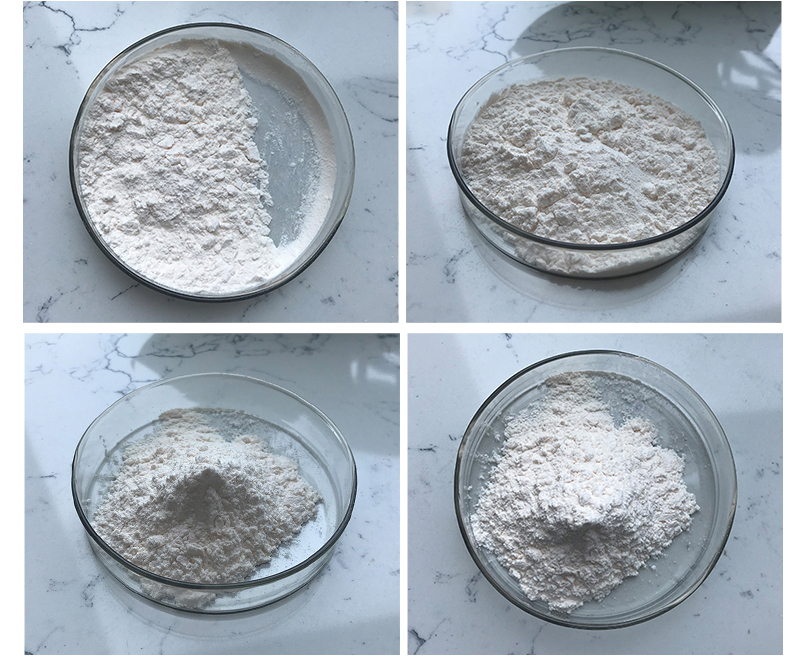Ferulic acid is a powerful antioxidant found in plant cell walls, particularly in grains, fruits, and vegetables. It offers numerous health and skincare benefits, which are often enhanced when combined with other antioxidants like vitamins C and E. Here’s an overview of its benefits:
1. Skin Health Benefits
- Antioxidant Protection: Ferulic acid neutralizes free radicals, reducing oxidative stress that contributes to premature aging and skin damage.
- Enhances Stability of Other Antioxidants: It boosts the effectiveness of vitamins C and E, helping to protect against UV-induced skin damage.
- Brightening Effect: It helps reduce hyperpigmentation, uneven skin tone, and dark spots by inhibiting melanin production.
- Anti-Aging Properties: Ferulic acid supports collagen production, improving skin elasticity and reducing the appearance of fine lines and wrinkles.
- UV Protection: Though not a sunscreen, it enhances the photoprotective effects of topical antioxidants, helping to minimize UV damage.

2. General Health Benefits
- Cardiovascular Health: Ferulic acid may lower blood pressure and reduce cholesterol levels, supporting heart health.
- Anti-Inflammatory Effects: It helps reduce inflammation, potentially benefiting conditions like arthritis or other inflammatory diseases.
- Neuroprotective Properties: Ferulic acid may protect brain cells against oxidative stress, potentially reducing the risk of neurodegenerative diseases like Alzheimer’s.
- Diabetes Management: It may improve insulin sensitivity and reduce blood sugar levels, aiding in the management of diabetes.
- Anti-Cancer Potential: Ferulic acid has shown promise in inhibiting cancer cell growth and protecting against DNA damage caused by free radicals.
3. Other Benefits
- Immune Support: Its antioxidant properties help strengthen the immune system.
- Gut Health: Ferulic acid contributes to maintaining a healthy gut microbiome and supports the integrity of the gut lining.
- Bone Health: Its anti-inflammatory effects may protect against bone degradation associated with osteoporosis.
Usage Tips
- Skincare Products: Ferulic acid is commonly found in serums and creams, often paired with vitamins C and E.
- Dietary Sources: Include whole grains (e.g., rice bran, wheat), fruits (e.g., oranges, apples), and vegetables (e.g., tomatoes, spinach) in your diet.
- Supplements: Available in capsule form for those looking to boost their intake.

Precautions
- Skin Sensitivity: Some individuals may experience irritation when using ferulic acid topically, especially if they have sensitive skin.
- Oxidation: Ferulic acid can degrade when exposed to air or sunlight, so store products in opaque, airtight containers.
By incorporating ferulic acid into your skincare and diet, you can reap its protective and rejuvenating benefits.
